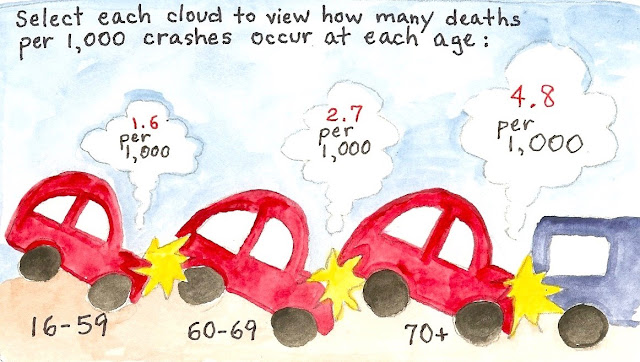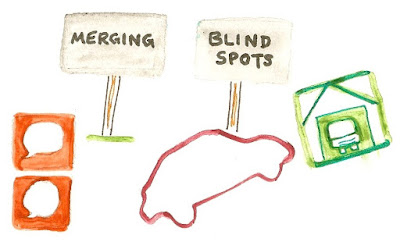It started with sparse bangs on the right side of my head. At first, I thought it was just unruliness, another hair rebellion. My hairdresser thought it was because I slept on my right side, but now it’s yet another sign of Third Third-itis: my head is downsizing my hair.
After my daughter was born, I had little baby hairs sprouting all over my head. They were the signs of recovery from pregnancy hair loss, and I was like a little, furry tennis ball of new hair. Yeah, well, that’s not happening now.
My bangs are getting wispier. (Why mostly on the right side??) I have no idea what’s happening in the back or top of my head. My doctor says it’s only visible to people taller than I. Which I guess is a growing number as I shrink, too.
So first I noticed the bangs problem – which could have been debatable – but the hair in the shower drain catcher is unequivocal. Instead of cleaning it up with a tissue, I have to use a paper towel. It’s a wad of red.
And then there’s the hairbrush.
My hairdresser suggested Costco’s 5 Percent Extra Strength Hair Regrowth for Men. For men! So I had to think about this: how far was I willing to go to defy age and Nature?
Yes, I dye my hair. But that didn’t begin as a means to cover gray or age; it began as a theatrical requirement for a particular role. It morphed into an identity signature long before age had anything to do with it. So I’ll keep the color. In fact, I’ve noticed that white roots make hair loss appear worse, so now I have to be even more prompt about coloring my hair. [And if anyone is going to Costa Rica, please let me know and I’ll place an order for my hair dye with you.]
But I’m stopping short of putting Extra Strength chemicals on my head. I’ve decided: I’m prepared to lose my hair. I wonder what I’ll end up looking like?
Sometimes, when my hair is looking particularly bizarre, I’ve said I look like Bozo the Clown. But I just checked images of Bozo, and he was bald on top! He had no bangs! And he was actually pretty scary looking.
On the good and very lucky side, I am not losing my hair because I’m undergoing cancer treatments. I am truly grateful.
And then I remembered the Velveteen Rabbit:
By the time you are Real, most of your hair has been loved off, and your eyes drop out and you get loose in the joints and very shabby. But these things don’t matter at all, because once you are Real you can’t be ugly, except to people who don’t understand.My hair has been loved off! I’m becoming Real!

















































